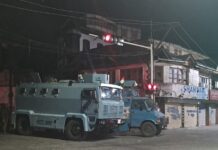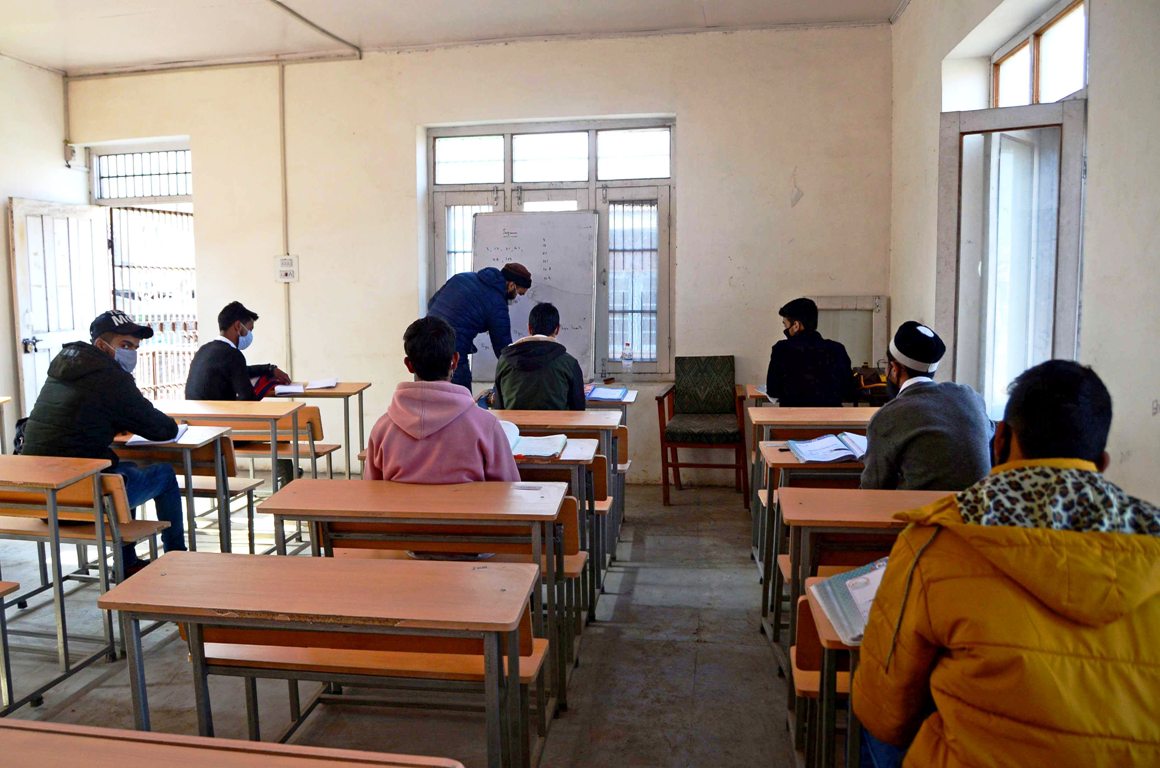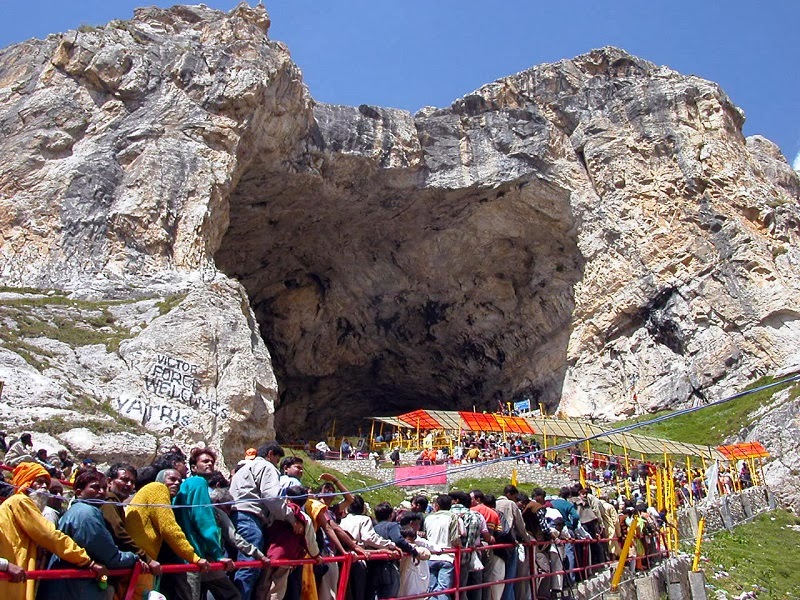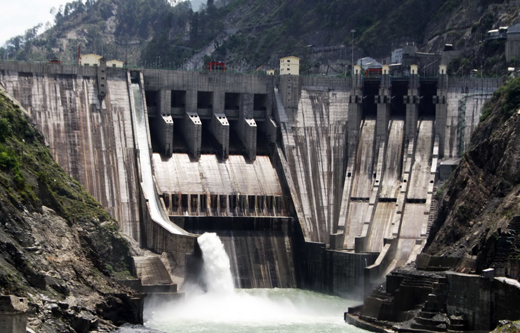KL Report
Srinagar
Coming with an objection on Monday against much debated Police Bill, Civil Society condemned attempts of the government to formally put in place powers and structures that the Jammu and Kashmir Police have for long enjoyed and employed to carry out systematic human rights violations in Jammu and Kashmir.
The Draft Jammu and Kashmir Police Bill, 2013 was made public on February 15, 2013 and since then became public debate. “As an immediate step, the government must extend the time allotted for feedback from people,” Civil Society noted.
The body observed that a preliminary reading of the Draft Jammu and Kashmir Police Bill, 2013, suggests that the government seeks to formalize previous draconian practices and activities of the Jammu and Kashmir Police. “The Draft Police Bill essentially reads as a blueprint on how to exercise control on the entire populace – wide powers, including collection of personal information on demand, increased surveillance of people and creation of zones and extensions of the police to collect information and take action.”
Civil Society warned that the Draft Police Bill must be seen in the larger context of the actions of the Indian state in Jammu and Kashmir. “Widespread human rights violations, an absolute disregard for the law, and a political will to control territory by any and all means, have been a feature of the Indian State in Jammu and Kashmir,” it noted.
It also questioned the timing of the Draft Police Bill and termed it unsurprising, “The Draft was made public on 15 February 2013, and suggestions were sought within two weeks. Kashmir was at that point under curfew, and Afzal Guru had been hung to death a few days prior. The government apparently sought to use the situation to formally introduce the abhorrent Draft Police Bill that seeks to turn Jammu and Kashmir into a police state.”
Specific concerns with the Draft Police Bill that civil society observed include Village Defence Committees’s [VDC] and Special Police Officers [SPO]. “For example, earlier the appointment of a SPO was to be confirmed by a Magistrate. The Draft Bill no longer requires this. Also, earlier the SPO was to be limited to certain situations – now a SPO can be appointed for any purpose.”
Similarly, the body observed that the concept of “community policing” is introduced under Section 32, along with rewards for the same [Section 34]. “Essentially, therefore, the Draft Bill seeks to cultivate a culture of un-accountable collaboration with the system and corruption within communities by empowering untrained and unaccountable persons.”
The Section 92 of the Draft Police Bill also came under scathing attack of Civil Society, “A police officer shall be considered to be always on duty.” This appears, as body noted, to be an attempt to legitimize all actions of the police as being part of the official course of duty, thereby providing, in effect, absolute immunity to the police as sanction would be required by the government before a court may take cognizance of an offence.
Besides, Section 96(2) of the Draft Police Bill bars the police from taking part in any demonstration or meeting for a political purpose. “This is once again an attempt to seek to ‘de-politicize’ the police force when the reality is that the Indian state, through various means including inducements, has consistently sought to make the police force ‘pro-state’ and anti-people. There is no doubt that this provision would be selectively used to target any police personnel who display any interest in political matters that the state wishes to suppress,” Civil Society further noted.
Pertinently, the absolute powers of the police are formally extended in the Draft Bill. Section 10(1) seeks to ensure zero transparency of the police by stating that all information with the police shall be “confidential” except when used for any official purpose. The experience of civil society when dealing with the police under the Right to Information Act, 2009, has been a constant attempt of the police to withhold information, even in cases of human rights violations. Section 10(1) is an endorsement of this reprehensible behavior of the police.
Furthermore, Section 13 provides the police the right to ask for personal information from anyone – the only qualification being that “sufficient reasons” need to exist. Section 14, and its broad phrasing, seeks to impose on the general public a duty to assist the police. Further, the Draft Bill allows for action to be taken against people who don’t co-operate. Section 24 provides absolute power to the police on personal information of the public from service providers, which is widely defined and includes cellular phone companies. Such broad powers ensure that the police can harass people by creating identity profiles. Dissent is also now regulated under Section 81(4) which allows the police to regulate any activity or programme which is “otherwise lawful but has the potential of disturbing the law and order”
“The Draft Police Bill seeks to formally consider Jammu and Kashmir as being in a state of emergency, thereby requiring “martial law”. This is an abhorrent attempt by the Government to formally legitimize Jammu and Kashmir as a police state,” Civil Society observed.
“All of the above culminates into the creation of Special Security Zones [Section 82]. Within these zones, the attempt is to allow the police absolute and unaccountable powers,” it states. For example, section 86 allows for a different Standard Operating Procedure within these zones, without specifying the limits to these powers. Section 85 can be used to regulate, for example, the use of cell phones, or inflow of funds, the body noted.
Also Section 54(3) of the Draft Police Bill on the appointment of the Director General of Police must specifically include the Leader of the Opposition Party in the selection process, as per Civil Society. “The composition of the state security commission, under Section 68, must include the leader of the opposition party. The selection of the chairperson of the state police complaints authority, under Section 102, must include the leader of the opposition party.”
Section 70(a) of the Draft Police Bill must be amended to refer to “permanent resident of Jammu and Kashmir”. Based on the above, the undersigned condemn the timing and content of the Draft Police Bill, 2013 and urge the people of Jammu and Kashmir, including those within the legislature, to campaign against the passing into an Act of the instant Draft Bill, it noted. “Further, we demand as an immediate measure that the government extend the time allotted for feedback from the people.”















